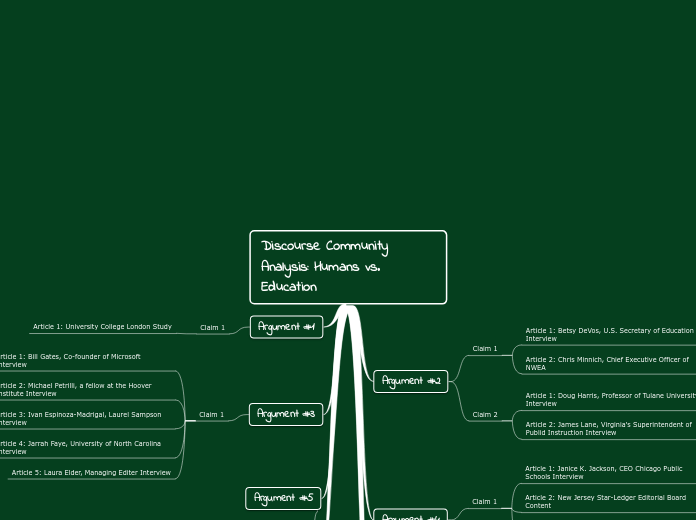Discourse Community Analysis: Humans vs. Education
This ancient civilization of Northeastern Africa is one of the most spectacular of the ancient world. Find out more about the people of Ancient Egypt, their gods and goddesses, magical land and daily life.
Intro
The Introduction will consist of a few main points. The first being a summary of the events that have proceeded in the world of education for the American people and how the Board of Education and other facilities have proceeded in regard to a pandemic. The second is the presenting of information relevant to the growth and development of the future generation of citizens in society. My final point of interest will fall upon my thesis which will follow somewhat to this ideal: "The community of education is broad and vast, so this, in-turn, requires documentation to be dispersed and varified by proper members of the organization. So how does the educational discourse community effectively provide information from one location to another while still meeting the demands of each local school district needs?"
Argument #5
Article 1: Nick Morrison Interview/Opinion
Argument #3
Egyptian Art has a major role in conveying the essential traits of this great civilization.
The Egyptian art portrays best what this civilization valued the most, what people looked like, how they dressed, the jobs they had, etc.
Article 5: Laura Elder, Managing Editer Interview
Article 4: Jarrah Faye, University of North Carolina Interview
Article 3: Ivan Espinoza-Madrigal, Laurel Sampson Interview
Article 2: Michael Petrilli, a fellow at the Hoover Institute Interview
Article 1: Bill Gates, Co-founder of Microsoft Interview
Argument #1
A 'pharaoh' was the supreme political and religious leader of the land. The word 'pharaoh' comes from Greek and it initially related to the designation of a royal residence.
Each pharaoh was usually the son or declared heir of the previous pharaoh, born of the Great Wife (pharaoh’s chief consort) or sometimes a lesser-ranked wife favored by the pharaoh.
Among the over 300 pharaohs in ancient Egypt, only a few of them succeeded to leave behind an eternal legacy.
Article 1: University College London Study
Conclusion
The most critical role of the conclusion will be to fortify the understanding that communication and education are vital for progress. When one location opens a school, it places another, possibly neighboring, school district at risk. We need to ensure that education is being provided to all students, but that we are handling any unfortunate events that may be present in a certain location at that current time.
Argument #6
Article 1: Marc Thiessen Interview
Argument #4
Article 1: Jason Tan, an associate professor at Nanyang Technological University's National Institute of Education in Singapore Interview/Study
Egyptians wore make-up and jewelry because they believed this made them more attractive for the Gods. Also, jewelry was a sign of wealth - the more jewelry someone had, the richer he/she was.
Article 3: Fredericksburg (VA) Free Lance-Star Editorial Board Interview
Article 2: New Jersey Star-Ledger Editorial Board Content
Article 1: Janice K. Jackson, CEO Chicago Public Schools Interview
Argument #2
Ancient Egyptian Farming
One of the reasons for which this civilization was so successful was the fact that they used farming to produce their own food and cloth. The farmers grew their crops along the bank of the River Nile.
Claim 2
Article 2: James Lane, Virginia's Superintendent of Publid Instruction Interview
Article 1: Doug Harris, Professor of Tulane University Interview
Claim 1
Article 2: Chris Minnich, Chief Executive Officer of NWEA
Article 1: Betsy DeVos, U.S. Secretary of Education Interview
Activity
What were the main activities during this season?
Think of how the farmers benefited from this season. Example: during the Flooding Season, many farmers were working for the pharaoh to build temples and pyramids.










